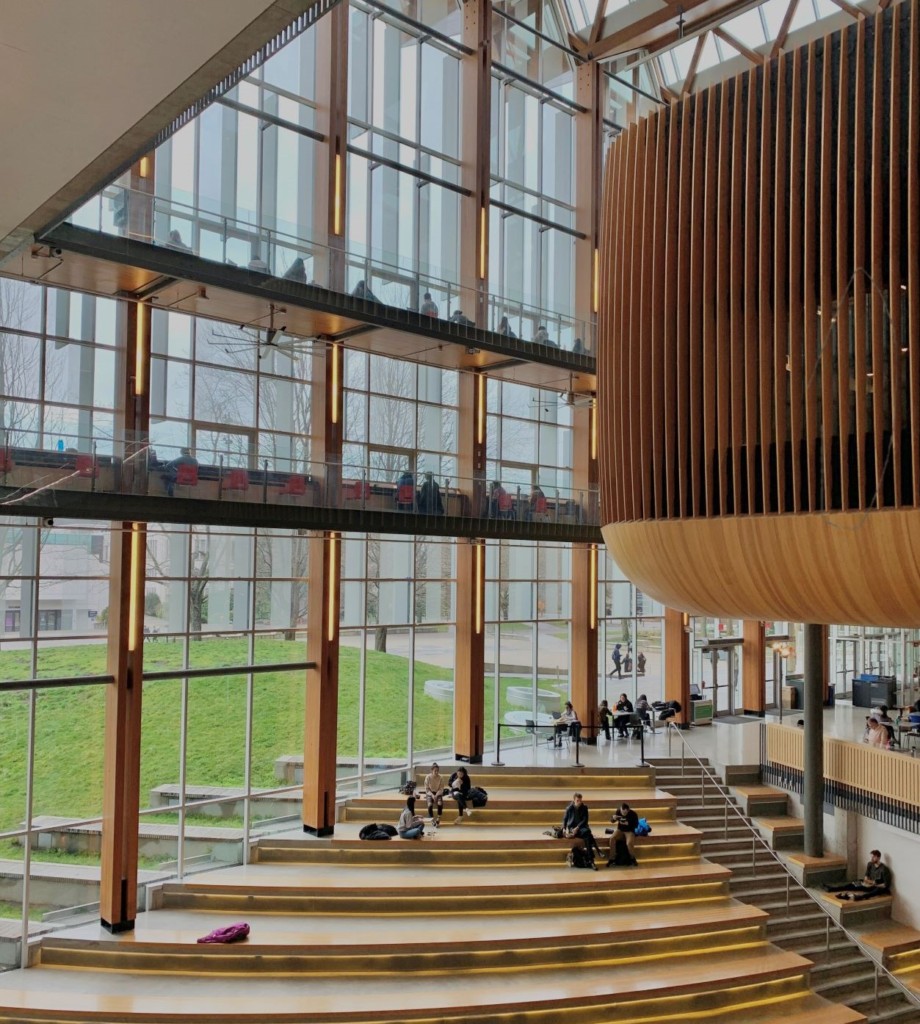What to expect from the summer games
By Michael Sopow, Sports Reporter and Angela Espinoza, News Editor
Canada will be hosting the 2015 FIFA Women’s World Cup from June 6 to July 5. The games will take place across six provinces, with the finals being held at BC Place in Vancouver.
Additional venues include the 20,000-capacity Moncton Stadium in Moncton, New Brunswick; the historic Olympic Stadium in Montreal, Quebec; TD Place Stadium in Ottawa; the Investors Group Field in Winnipeg, Manitoba; and Edmonton, Alberta’s Commonwealth Stadium.
The draw for which respective country would host the games was held on December 6. As a result of Canada winning, 24 teams will be playing over four weeks, including Germany, Brazil, France, Japan, and the United States.
In a press release from FIFA.com, chairman of the National Organizing Committee for the FIFA Women’s World CUP Victor Montagliani said, “We take special interest in the growth of the women’s game around the world, noting that more than 125 nations will participate in this competition through more than a year-and-a-half of FIFA Women’s World Cup Canada 2015 qualifiers.”
52 matches will take place over the course of the tournament, with semi-finals being held in Montreal and Edmonton.
The winners of each group play against each other as the teams progress. Teams that have lost will play each other as well for a chance to keep a higher ranking until the next World Cup, to be held in 2019.
CBC reported in September that organizers have planned to sell 1.5 million tickets for the Women’s World Cup, with sales thus far offering a positive outlook for the games to come. Reportedly over 150,000 tickets for the games were sold within the first 48 hours of release.
Preceding this year’s tournament, however, is controversy over the use of artificial turf in certain stadiums, including BC Place. Several dozen FIFA Women’s players have since protested against use of the fields. Currently a lawsuit has been put forward over discrimination based on the sex of the players. Hampton Dellinger, the lawyer representing the players in their Ontario suit, told the Canadian Press in December, “FIFA’s effort to evade the jurisdiction of the Ontario Human Rights Tribunal has failed,” referring to the company’s ongoing public denial of sexism.
The last FIFA Women’s World Cup was held in 2011 and hosted by Germany, where 16 teams played with Japan coming out on top; Canada at the time was ranked last.


